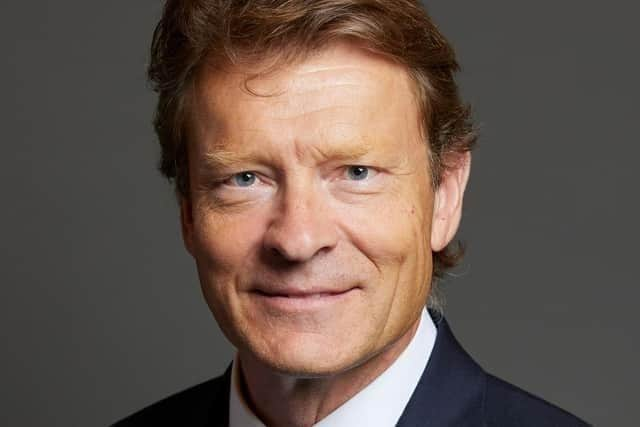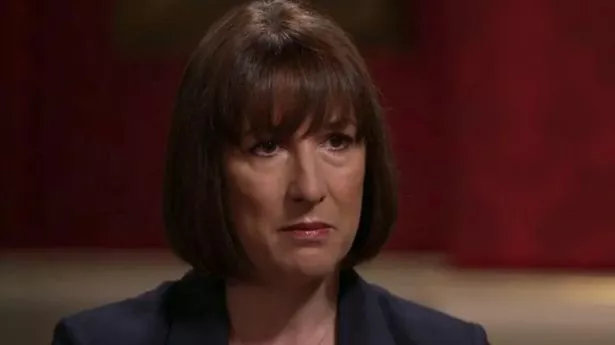Junior Doctors strike for five days that will impact hospitals around the country including in Manchester, Boston, Skegness, Grimsby, Liverpool, Lincoln, Birmingham, and London
Junior Doctors are striking once again and this time they are striking for five days. At the beginning of the strikes, a large majority of the public was behind them, but now that support is dwindling.
Today marks the longest-ever walkout by junior doctors with NHS bosses saying they are fed up with the strikes. According to NHS managers, the strikes are costing hospitals millions of pounds, and damaging clearing the backlog waiting list.
Sir Julian Hartley, chief executive of NHS Providers, said: “This week’s strikes will lead to an unprecedented level of disruption to patient care.
“We need to see a rapid resolution to industrial action as we can’t afford strikes to become ‘business as usual’.
“Industrial action also poses a significant financial risk and increasing costs due to agency spend and the impact of consultant rate cards.
“There’s a high level of frustration, exasperation, and deep concern that there doesn’t appear to be a resolution in sight.”
Since the strikes started it has been reported that hospitals have spent more than £100million covering those on strike. That money could have been used to improve patient care.
It is not just NHS bosses who are fed up with the Junior doctor’s strikes, the general public is now getting fed up. When the strikes first started, more than half of NHS patients supported the strikes, but now that support has been lost.
Patients are now getting fed up with their operations and appointments being cancelled due to the strikes. According to NHS hospital trust chief executives, each time junior doctors go on strike 1,500 procedures are cancelled for each hospital trust. The latest strike will result in more than 3,000 procedures being cancelled per Hospital Trust.
As a result of COVID, the NHS waiting list went through the roof and since then they have been battling hard to reduce that list. Sadly, due to the strikes, more than 6000,000 appointments have been impacted, and tens of thousands more will be impacted by the latest strike.
Sir Stephen Powis, NHS national medical director, said: “We will now see industrial action on 11 of the next 14 days so we are entering an incredibly busy, disruptive period for the NHS.
“While staff continue to work hard to provide patients with the care they need, the next strike is the longest and most disruptive yet.”
Junior doctors are blaming the strikes on the Government and their refusal to talk to them and provide them with a realistic offer.
Consultants are the latest to announce a two-day strike from July 20, which will cause more misery for the NHS.


